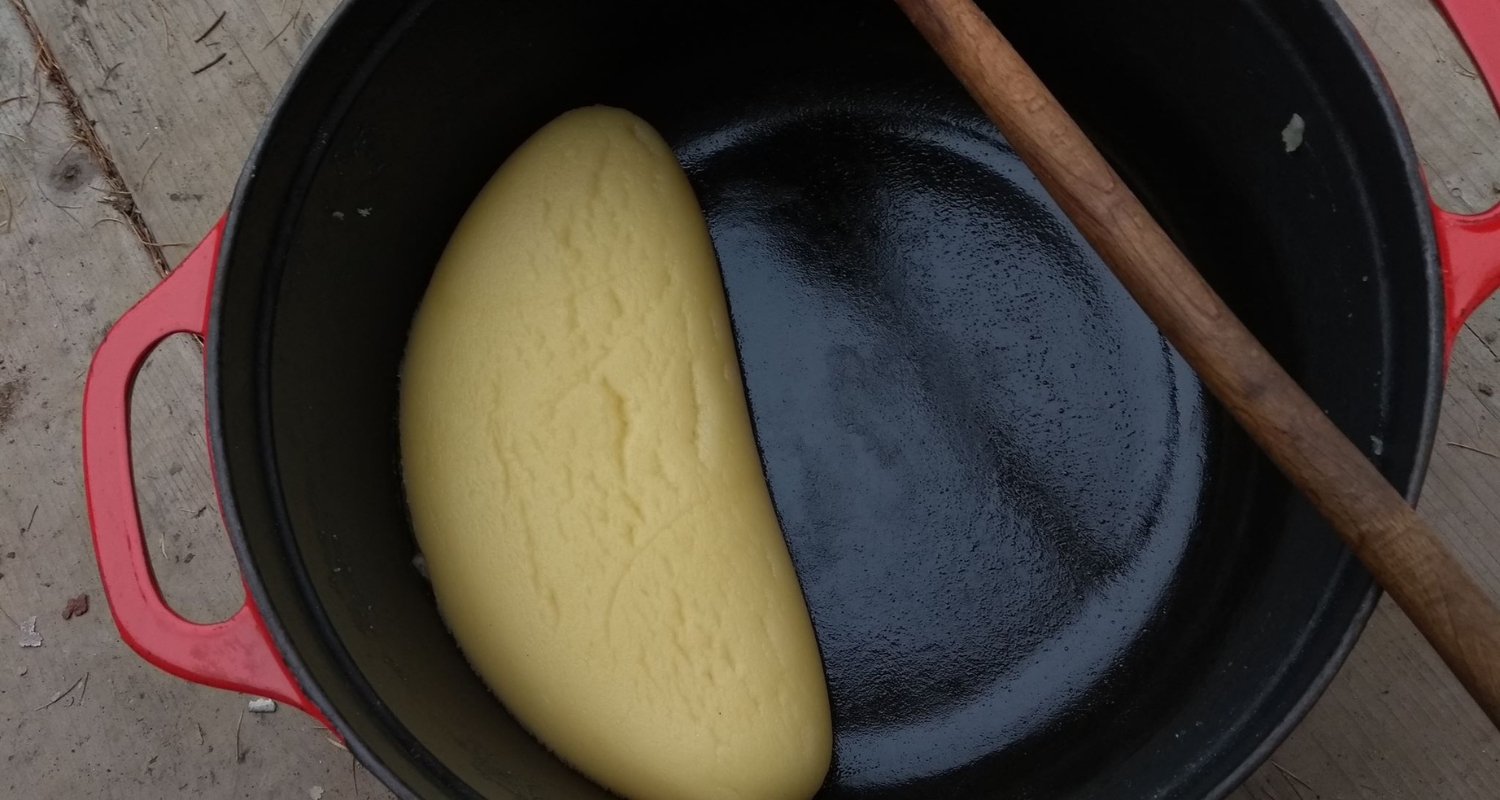With the holidays upon us, City of Wheeling officials want to remind residents that the proper disposal of fats, oil and grease (FOG) typical with cooking can cut down on or alleviate the chance of home plumbing and sewer line backup, making for a much more festive season.
City of Wheeling FOG Coordinator Dave Watkins said managing a backup, whether it be in a sewer line or home plumbing, can be expensive, noting the City spends more than $100,000 a year cleaning grease out of sewer lines.
“When grease gets into the sewers it hardens and builds up and causes blockages in public sewer lines and in residential plumbing,” he said. “Grease blockages, combined with other debris, cause sewage to back up in homes and neighborhoods. These backups are unpleasant to deal with, smelly and will damage the environment.”
The popular trend of frying a whole turkey in an outdoor fryer can result in about 20 gallons of used cooking oil.
“Fryer oil is just one source of increased FOG going to sewers during the holiday season. Many other foods such as bacon grease, cooking oil, shortening, lard, butter or margarine, gravy, mayonnaise, salad dressing, sour cream and meat drippings contain some kind of fat, oil or grease,” he said.
Washing up after the feast puts residences at the greatest risk, according to Watkins.
“Hot water will keep FOG liquefied for a couple of moments, but as soon as FOG reaches cold pipes, everything cools, and it will solidify quickly,” he said.
Watkins offered the following tips for remaining clog-free not just during the holiday season, but throughout the year:
- Scrape food scraps into the trash, not the sink. Wipe pots, pans, and dishes with dry paper towels before rinsing or washing them, then throw away the paper towels. Place a catch basket or screen over the sink drain when rinsing dishware, or when peeling or trimming food, to catch small scraps that would otherwise be washed down the drain. Throw the scraps in the trash.
- Properly dispose of used cooking oil by letting the oil cool then put it back into the container in which it was purchased. The oil can be refrigerated and reused, or the container can be sealed and placed in the trash for collection.
- To properly dispose of FOG, pour greasy and oily waste into a container, such as an empty can. Let the can cool and throw it away in the garbage in a sealed bag to avoid spillage.
If you have questions or desire more information on how to properly manage fats, oil and grease from household cooking, contact Watkins at 304-234-3874.



